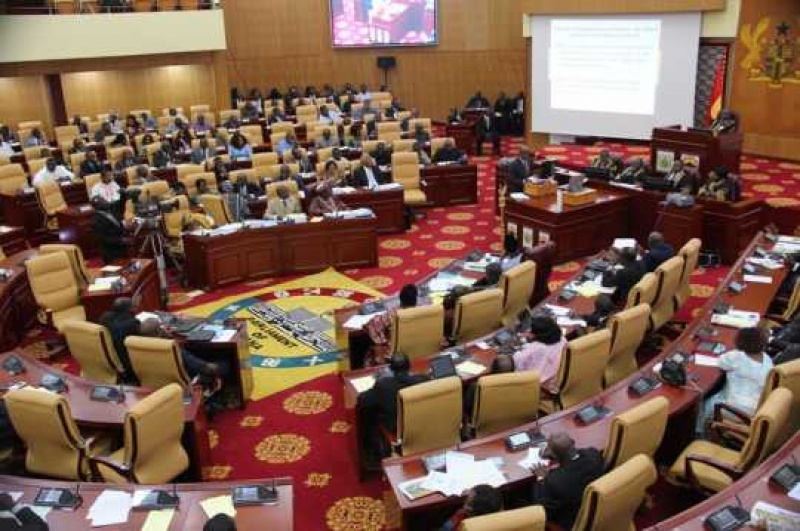
Majority of respondents in a public survey conducted by the Institute of Economic Affairs (IEA) have recommended a minimum of tertiary education as a requirement for one to contest as Member of Parliament (MP).
They are of the view that since the role of parliamentarians is challenging, there is the need for a threshold to be set to make a person eligible to contest as MP.
National debate
They, therefore, called for a national debate on the issue as a first step for a reform on the qualification of an MP.
The 1992 Constitution is silent on educational qualification as one of the criteria for aspiring MPs, but the majority of respondents (83.7 per cent) recommended tertiary education as the minimum qualification for MPs.
Background of survey
The report was dubbed, “Public perception of members of Parliament.”
The survey was conducted in November/December 2015 throughout the 10 regions of the country as a follow-up to a similar survey conducted in May/June 2011 to seek the views of Ghanaians on how they perceived the roles and responsibilities of MPs.
It focused on three thematic areas – interaction between constituents and MPs, respondents’ voting considerations, educational qualifications of MPs, performance of MPs, and ex-gratia payments to MPs.
The criteria for the selection of respondents was based on gender, ethnic, educational and rural-urban balance and involved 1,500 respondents aged 18 and above.
Electorate’s voting considerations
The survey found out that there were many factors the electorate considered before voting for an MP, and for majority of the respondents (60 per cent), they considered the calibre of the candidate more than the political party he or she represented.
Nevertheless, the survey found out that voting along party lines was still significant, as 30.3 per cent of the respondents indicated that they considered political party over the personality of a parliamentary candidate.
Strongholds
The findings on the electorate’s voting considerations on regional basis are also quite interesting as they deviated markedly from the notion that some regions were strongholds – the so-called “World Bank” for some political parties and the inference therefrom that even a ‘’goat’’ put forward as candidate in the “World Bank” of its political party would win the election.
The survey said apart from the Western Region, respondents in all the regions said they considered the personality of the candidate over the political party one represented.
According to the report, the Brong Ahafo (75.8 per cent), Greater Accra (72.3 per cent) and Central regions (67.5 per cent) led the pack of regions whose electorate make such voting considerations.
It noted that those three regions happened to be the swing regions in the country’s electoral history and have consistently changed hands between the two major political parties – the National Democratic Congress and the New Patriotic Party between 1992 and 2009.
Personality of the candidate
The report said it was only in the Western Region where the majority of respondents (52.2 per cent) considered the party a candidate represented over the personality of the candidate. Another interesting finding is that the youth are more apolitical in their voting considerations, since 63.1 per cent of respondents from the ages of 18 to 24 considered the personality of the candidate over the political party one represented before voting.
It said in terms of sex, majority of the respondents, both male and female, said they considered the personality of the candidate more than the political party one represented.
It stressed the urgent need for a national dialogue on the overwhelming view that a minimum educational qualification be set for aspiring MPs, while encouraging the positive trend of electorate voting for parliamentary candidates based on their calibre and not the political parties the candidates represented.
Source : graphic.com.gh

































